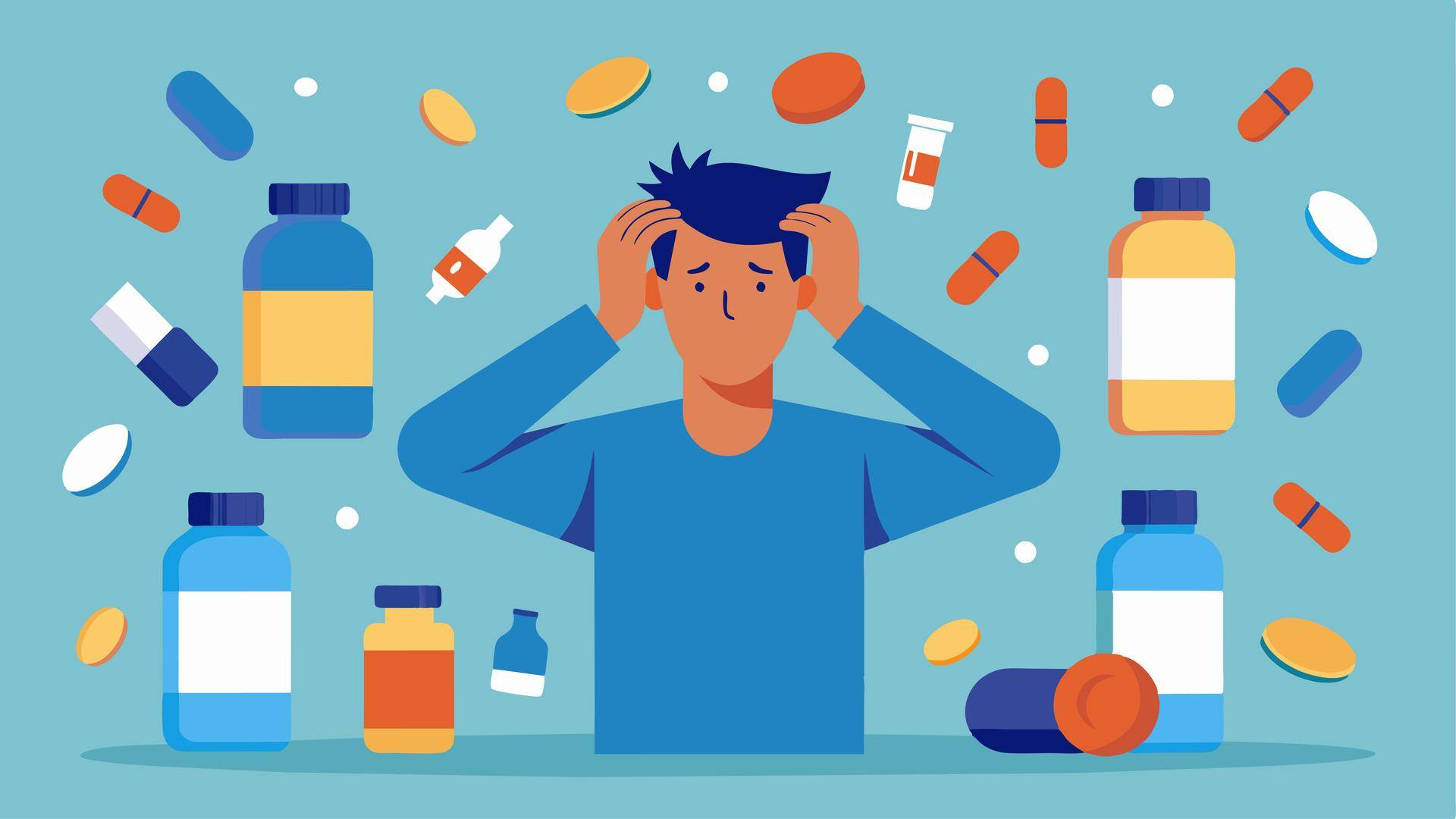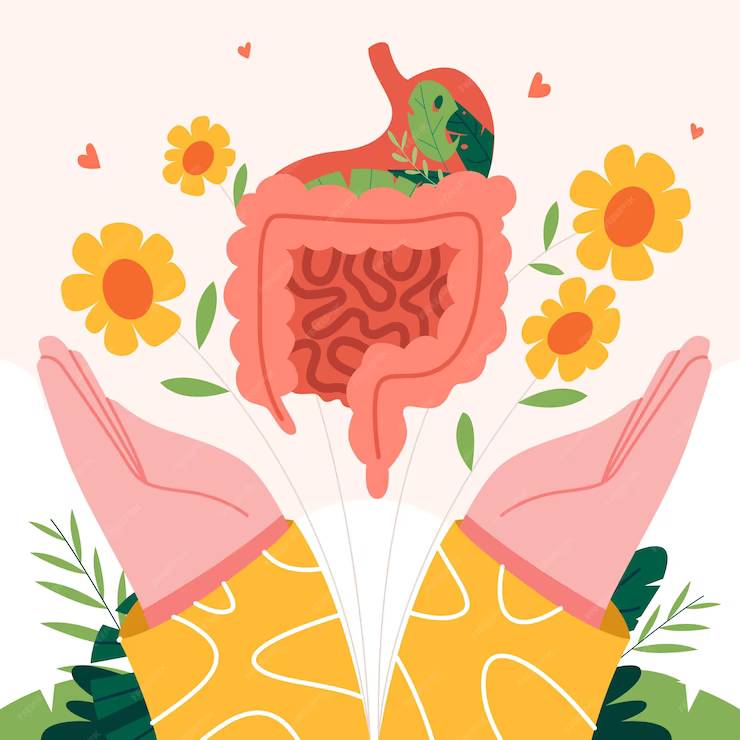

The Antibiotic Effect: Small Dose, Lasting Impact
Imagine a bustling city, brimming with life and activity. Now, picture a team of construction workers demolishing buildings indiscriminately, without regard for their purpose or importance, sound’s chaotic enough right? This chaotic scene is a bit like what happens in your gut when you take antibiotics. These powerful medications are designed to target and eliminate harmful bacteria, but they also end up causing havoc on the delicate balance of your gut microbiome – the trillions of microorganisms that call your digestive system home. These tiny microbes play a crucial role in your overall health, from digesting food to regulating your immune system. In fact, research suggests that the gut microbiome is so important that it's often referred to as the "second brain"!
However these microbes grow resistance to these antibiotics due to its overuse or misuse. Therefore using antibiotics with caution is essential as it could potentially induce dysbiosis (imbalance in gut microbiota). Here are two major reasons how you can potentially develop antibiotic resistance:
1. Inadequate Treatment Completion
Not completing the full course of antibiotics as prescribed can lead to incomplete treatment and contribute to antibiotic resistance as the microbe now becomes more powerful and will require much higher dose to mitigate it.
2. Antibiotic Overuse
Antibiotics are also used for viral infections because of ease of availability as an over-the-counter drug. Using antibiotics for non-bacterial infections or for non-medical purposes can increase the likelihood of antibiotic resistance.
With the extensive increase in disease prevalence it’s difficult to completely avoid the use of antibiotics. So let’s learn how to effectively manage dysbiosis induced by antibiotics.
- Take Probiotics: Taking probiotic supplements can help restore the balance of good bacteria in your gut. Look for a high-quality probiotic that contains a variety of strains, and take it consistently throughout your antibiotic treatment and for several weeks afterward, as prescribed by your physician.
- Eat Probiotic-rich Foods: In addition to consuming supplements, you can boost your probiotic intake through foods like yogurt, kefir, sauerkraut, and kimchi. These fermented foods are natural sources of beneficial bacteria.
- Consume Fibre: Fiber acts as food for the good bacteria in your gut. Eating plenty of high-fiber foods like fruits, vegetables, whole grains, and legumes can help support the growth of a healthy and diverse microbiome.
- Stay Hydrated: Water helps in flushing out your digestive system and supports the mucosal lining of your intestines, which makes drinking water crucial for maintaining good gut health.
- Manage Stress: Gut health is impacted negatively due to chronic stress which makes it important for managing it effectively, such as through exercise, meditation, or talking to a therapist.
Managing antibiotic induced dysbiosis and antibiotic resistance effectively requires a multi-faceted approach that includes using antibiotics responsibly, taking probiotics, consuming probiotic-rich foods, maintaining a high-fiber diet, staying hydrated, and managing stress to preserve the delicate balance of the gut microbiome.
References:
How to Restore Gut Health After Antibiotics
New antibiotic kills pathogenic bacteria, spares healthy gut microbes
How to heal your gut after antibiotics

